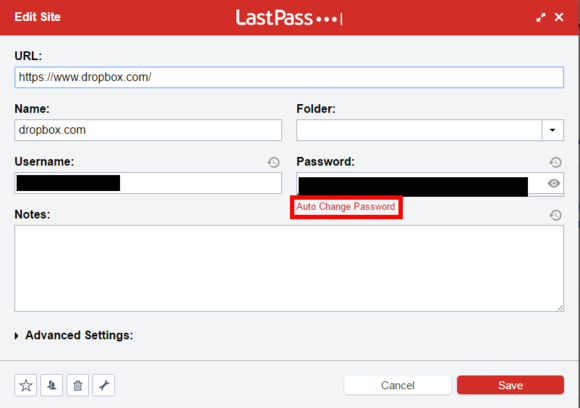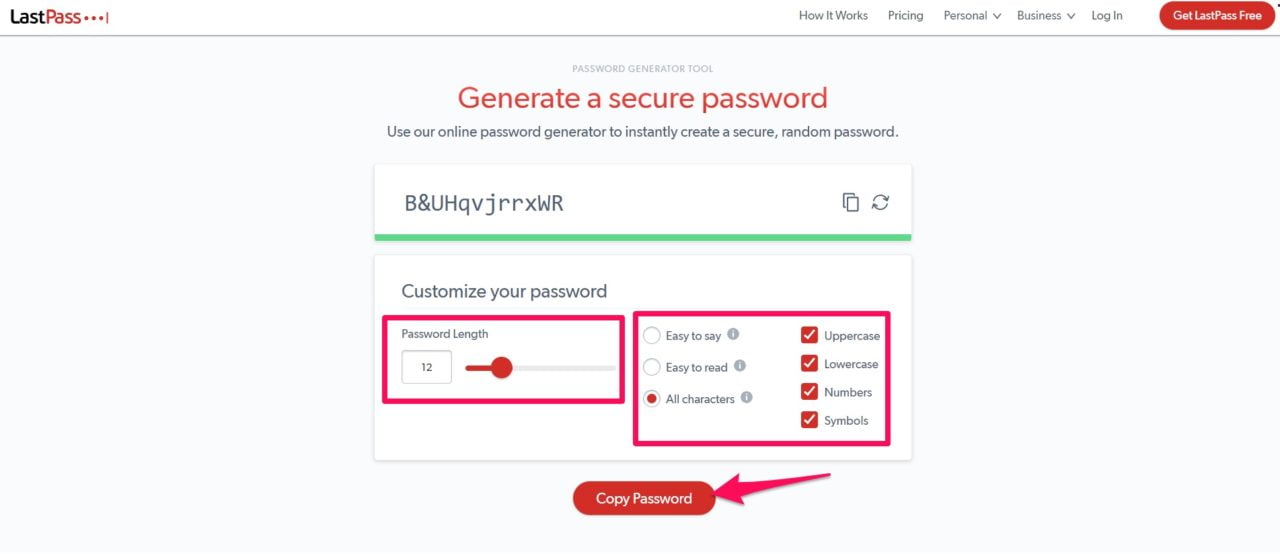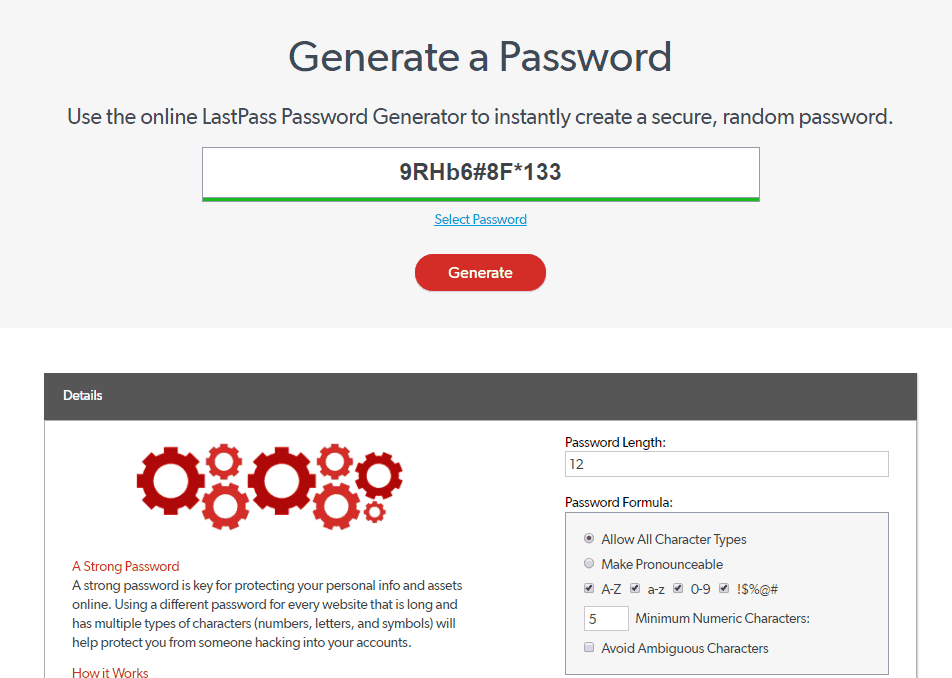

Yubikeys can help a little bit in terms of being your authenticator or your harbor security token but they should not be your password not the primary. So unless you stored the passwords in a fire safe box in your house that that has even a halfway decent security rating then you're just going to end up losing them. What are the problems that password managers can have is first of all if they generate completely random passwords for all your accounts then they are single point of failure because all it takes is losing access to the app or the app being compromised for you to lose all of the passwords. I am an incredibly forgetful person and yet I have had the same passwords since 2000 and none of them have been compromised. So by using the first character of the password you have a memory jogger but the rest of the password is in your brain.

But your brain follows you everywhere no matter what you're using i e whether it's your phone or your computer. Your apps can be compromised as well so it's not like password managers get some sort of free pass (no pun intended). The reason being is everything can eventually be hacked so even if you write down your password in Google Keep or something similar to that, it can be compromised. Then basically go into some form of a secure text editor and record only the first character of the password. They need to exceed eight characters in length. I need to write an article explaining how this is done but basically my advice is to memorize quite a few passwords that are completely random alphanumeric and extremely strong. Everything that is on the internet can be hacked and is only a difference in how long it takes. I cannot recommend storing passwords in anything except your own brain. Use the key derivation function and set yours to 600,000 iterations. Make a super long and complex master password. With any password manager, follow best practices.
PASSWORD GENERATOR LASTPASS CODE
This may help prevent a last past situation where the code was closed sourced and people just didn't know how insecure it was. BitWarden is also a good choice because it's open sourced which means a number of security researchers have previously and will continue to test it and try to identify vulnerabilities.

If you pay for the premium version you get the option of both cloud-based or on-prem. If that doesn't matter to you, then the more secure thing to do is an on-prem password manager like KeePass.Īs for cloud based password managers, BitWarden It's a great choice. If you need to be able to access your passwords while out and about on the go, then a cloud-based password managers probably your best option. The random password generator has the option to include numbers, letters, and special symbols. Opinions vary on this so I'll give you mine but there's certainly not the only one. Random Password Generator is a free tool to generate a strong and secure random password.


 0 kommentar(er)
0 kommentar(er)
